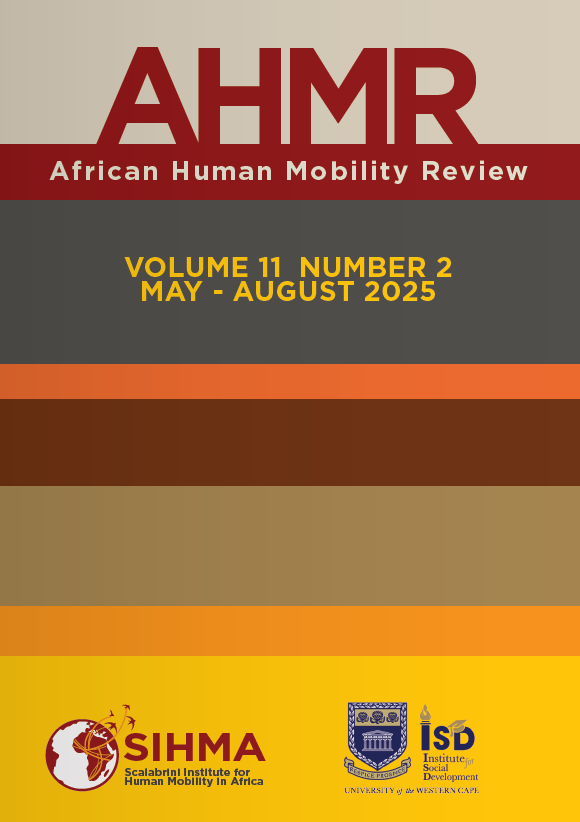Strengthened or Sidelined? An Evaluation of Pledges to Eradicate Statelessness in the Southern African Development Community
Main Article Content
Abstract
Since 2018, there has been a significant mobilization of developmental funding mechanisms and efforts to facilitate greater burden-sharing among refugee-hosting states and address protracted displacement. The Global Compact on Refugees (GCR) of 2018, seeks to harness this developmental approach – in particular, multi-stakeholder participation and a system of pledge-making – for the benefit of refugees and the communities that host them. Multi-stakeholder participation and pledge-making are common tools of a developmental approach to forced displacement more broadly, as well as statelessness, with the pledging system aiming to galvanize cross-sectoral collaboration, facilitate more predictable funding and provide a mechanism for the tracking of progress. Yet this system is still nascent and it remains unclear whether the long-term progress its enabling framework envisions is currently unfolding. This paper assesses whether the pledging system, as an operationalizing mechanism of the GCR and its framework, has contributed toward the efforts to eradicate statelessness
in the Southern African Development Community (SADC). Statelessness in the SADC – as is the case globally – remains a significant issue and an obstacle to accessing basic services and rights. The true scale of statelessness has consistently been difficult to gauge due to the lack of data collection on statelessness by most countries. While states in the region have taken steps to eradicate statelessness, the role that the pledging system plays in this endeavor has received little attention. The pledging system may be able to facilitate multi-stakeholder participation where there is already an impetus, but it is unclear whether it can address the systemic issues, such as discrimination, that underpin statelessness. Further, the pledging system is still in the early stages of configuring measures for transparency and accountability.
Metrics
Article Details

This work is licensed under a Creative Commons Attribution 4.0 International License.
Articles and reviews in AHMR reflect the opinions of the contributors. AHMR allows the author/s to retain full copyright in their articles. This is an open access journal which means that all content is freely available without charge to the user or his/her institution. Articles are made available under a Creative Commons license (CC-BY-4.0). Authors who have published under a CC BY 4.0 licence may share and distribute their article on commercial and non-commercial websites and repositories of their choice. Users are allowed to read, download, copy, distribute, print, search, or link to the full texts of the articles, or use them for any other lawful purpose, without asking prior permission from the publisher or the author/s provided the author/s is correctly attributed. This is in accordance with the BOAI definition of open access.




